CHAPTER 11 – Test Bank
Cognitive Motivation: Competence and Control
[Note: After each question, the correct answer, the textbook page from which it comes, and the question type is provided.]
1. Researchers who study the persistent motive within individuals to become competent in the environment follow the tradition of:
a. humanistic psychology
b. motivation psychology
c. social psychology
d. experimental psychology
[a 328 factual]
2. Carl Rogers calls the striving to become fully functioning the:
a. conditional positive regard
b. personal causation hypothesis
c. actualizing tendency
d. self determination theory
[c 329 factual]
3. Rogers’s idea that a person is accepted and loved regardless of behavior is called:
a. acceptability hypothesis
b. unconditional positive regard
c. motive for competence
d. conditional positive regard
[b 329 factual]
4. An element common to the theories of Maslow, Rogers, White, and Deci is:
a. an emphasis on classical and instrumental conditioning in determining behavior
b. the idea that all humans, in some way, strive to reach their potential
c. the importance of cognitive decision-making
d. the importance of internal conflicts that drive behavior
[b 329 factual]
5. How many human motives has Rogers identified?
a. one
b. two
c. twenty
d. over fifty
[a 329 factual]
6. The actualizing tendency, according to Rogers, creates:
a. physiological and psychological needs.
b. homeostatic needs
c. needs for positive regard and positive self-regard
d. needs for conditional positive regard
[c 329 factual]
7. According to Rogers:
a. conditional positive regard leads to full functioning
b. conditional positive regard leads to maladaptive behaviors
c. unconditional positive regard leads to maladaptive behaviors
d. whether positive regard is conditional or unconditional has no bearing on future behavior
[b 329 conceptual]
8. According to Rogers, we must have unconditional positive regard to be a _____ individual.
a. competent
b. human agency
c. fully functioning
d. successful
[c 330 factual]
9. Which of the following is NOT one of Rogers’ characteristics in a fully functioning individual?
a. safety
b. openness to experience
c. sense of freedom
d. creativity
[a 330 conceptual]
10. According to Maslow, the striving for perfection as the ultimate purpose of behavior is called:
a. personal causation
b. self-actualization
c. human agency
d. fully functioning individual
[b 331 factual]


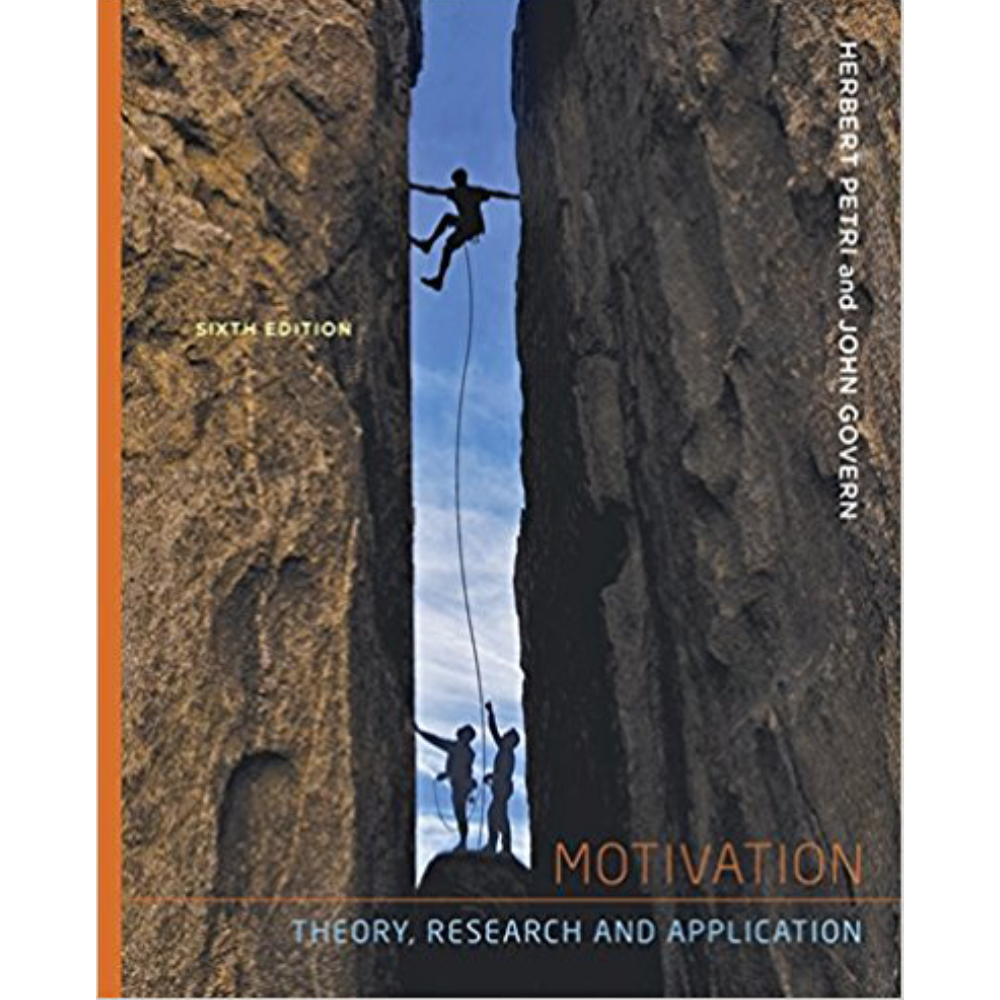



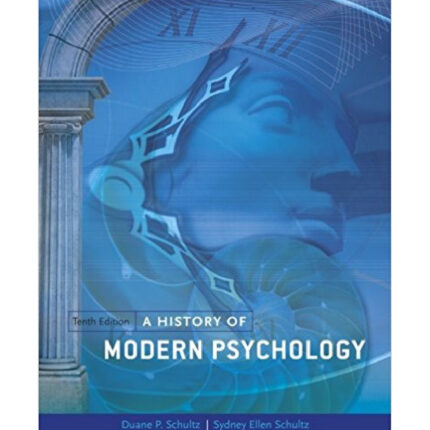
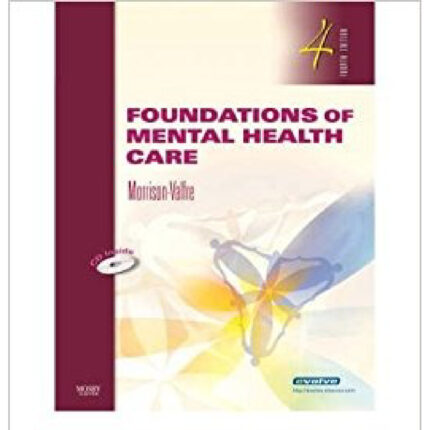
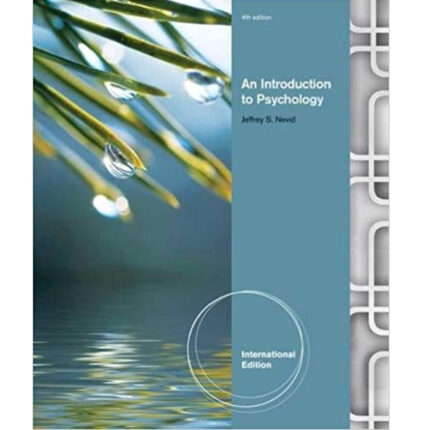

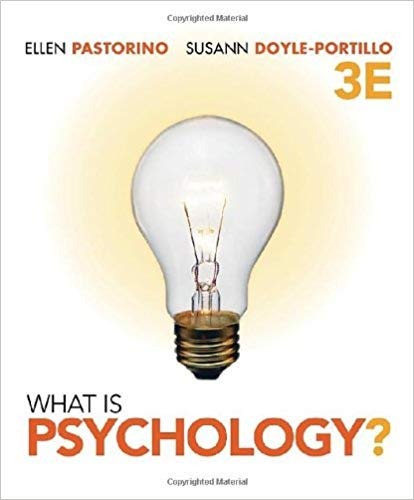


Reviews
There are no reviews yet.